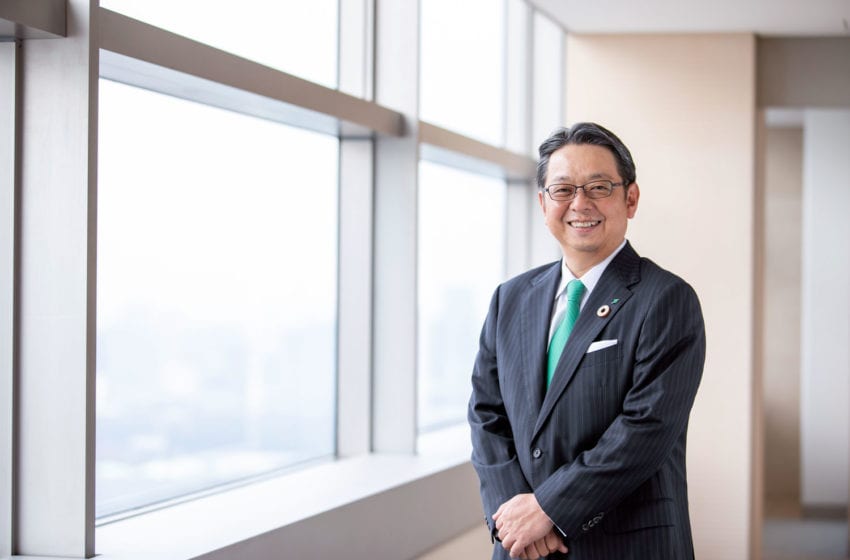Japan Tobacco CEO Masamichi Terabatake said the company will keep its Russian business to satisfy investors following a supply chain reshape to comply with sanctions, reports the Financial Times.
According to the paper, JT is routing some business through Turkiye and has moved key personnel to Hong Kong. JT had originally said it would consider selling its Russian business following Russia’s invasion of Ukraine in 2022. Russia accounted for 20 percent of JT’s overall profits, according to Terabatake.
“If I said, for example, that we are going to quit the business, investors may face the risk of losses,” said Terabatake. “If worse comes to worst, there is even the risk of a shareholder lawsuit if we were to discontinue a business that we are able to continue.”
JT has more than 4,000 employees and four factories in Russia, one of the largest foreign companies left in the country. In 2023, JT’s overall profits were ¥482 billion ($3 billion).
“There are various things we need to be careful of from sanctions—what kind of people can be involved or not in decisionmaking, excluding people from unfriendly countries for Russia’s management … to putting people unrelated to sanctions in places such as Hong Kong,” said Terabatake on JT’s new structure following wide-ranging sanctions on Russia. “But otherwise, it’s business as usual.”
“We are making various efforts to ensure a sort of a ringfence by sending things from Turkiye, for example, since there are countries that cannot do trade with Russia,” he said.
Following the sanctions, many companies and investors left Russia. However, some have opted to stay, including Philip Morris International.
Japan has also implemented sanctions on Russia.
“It’s true that initially there was a question about reputation in regard to continuing our business, but more recently, it’s less of an issue,” said Terabatake. “There are fewer occasions where people are demanding to know why JT is continuing its business [in Russia].”
JT has not yet answered investors about how profits will get out of Russia and back to shareholders; to date, no dividends have been paid by the Russian entity from its 2022 and 2023 financial results.
Terabatake said he remains prepared to split off or sell the Russian unit “in the worst-case scenario,” but he does not believe it will be necessary under the current sanctions regime.

